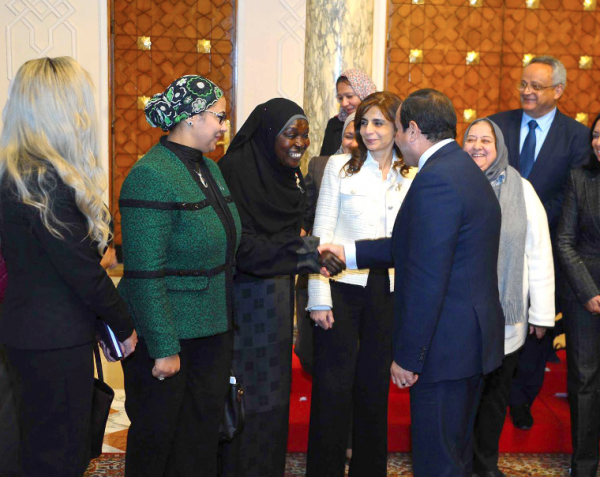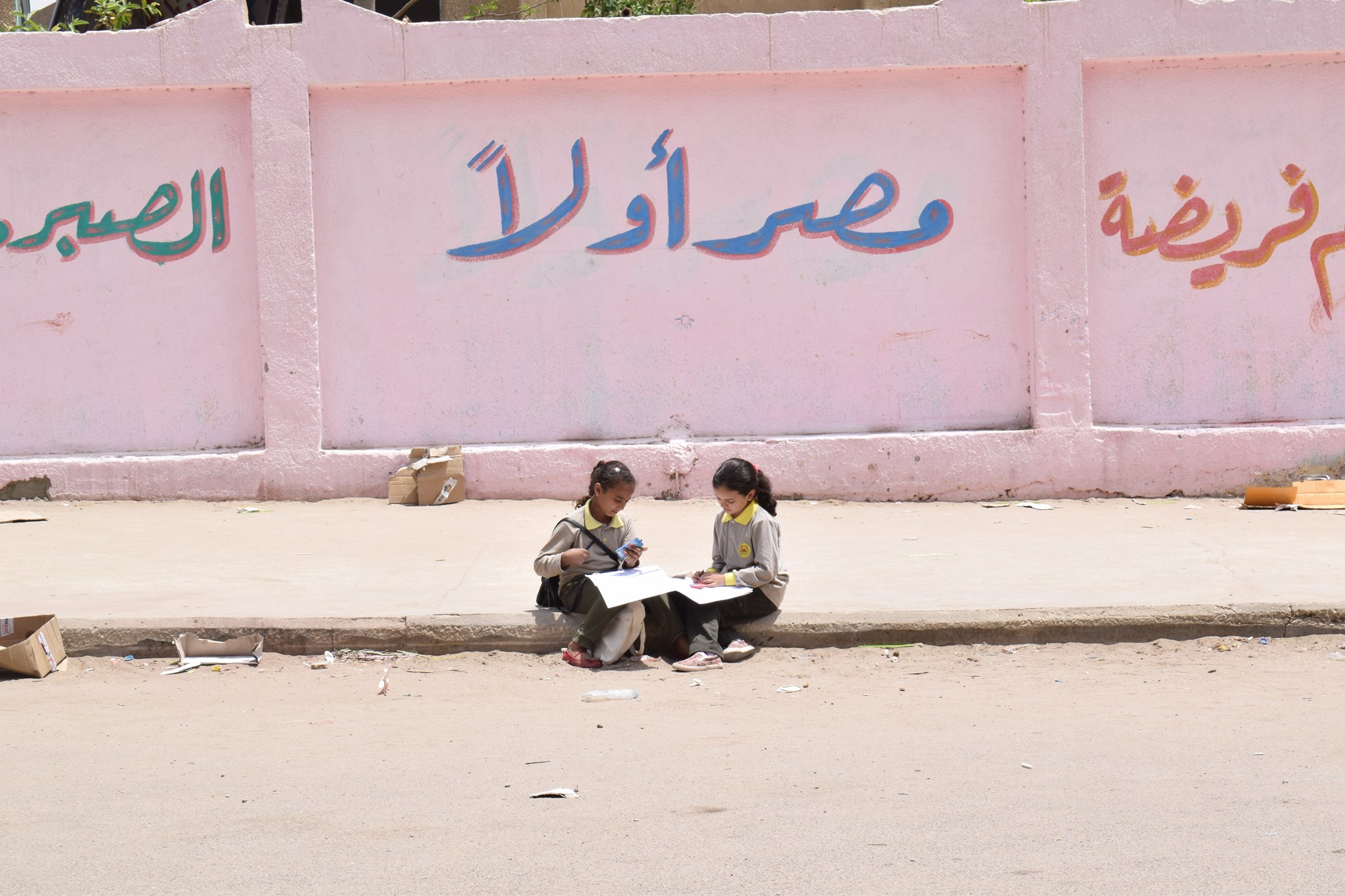Egypt’s Year of the Woman is a First Step to Advancing Gender Equality

@Yasmine_Nabil
The world celebrated the annual International Women’s Day on March 8 with this year’s theme #BeBoldForChange to urge women to take steps towards driving change and creating a more gender-inclusive world.
International Women’s Day was officially celebrated as a holiday by the United Nations (UN) in 1975.
Arab countries first began celebrating Arab Women’s Day in 2000, when Egypt’s Arab Women’s Organization planned a march in collaboration with Cairo University on its premises in solidarity with the female refugees in the region.
Earlier this year, President Abdel Fatah El-Sisi declared 2017 as the “Year of the Woman” in response to a proposal submitted by the National Council of Women.
“The fact that the president even made this proclamation is an important step towards advancing women’s rights in Egypt,” Mervat Tallawy, diplomat and former President of the National Council of Women (NCW) told The Caravan.
“The idea began last year when we wanted to dedicate a year for women, just as 2016 had been the Year of the Youth,” President of the NCW Maya Morsy told The Caravan.
Morsy said that work began last year to implement a forward-looking development strategy known as “Egypt Vision 2030”.
“The point is to make all state agencies and civil society organizations focus their efforts on issues of women’s rights,” Morsy said.
This strategy falls in line with a global United Nations (UN) initiative to institute a “paradigm shift” in sustainable development in social, economic and environmental dimensions.
Morsy added that this strategy will include four axes aimed at the solidification of women’s rights: economic empowerment, political empowerment and access to decision-making positions, social empowerment and protection.
Poor women are especially affected by the current social landscape, that leaves them “unpaid and unrecognized” Tallawy said.
“The most important step we will work on is the local elections so that Egyptian women can have greater access that the one provided in the 2014 Constitution,” Morsy said.
Cultural as well as legislative interventions will also be given precedence alongside these axes.
“This year we witnessed the appointment of the first female governor in Egypt. We are also working on the representation of women in the judiciary at a higher rate since the current percentage does not exceed one percent,” she said.
This comes in tandem with proposals to amend the current laws on violence against women, personal status and inheritance that disadvantage women in society.
Last December, member of parliament Soheir El-Hadi submitted a bill amending Egypt’s Personal Status Law of 1929.
El-Hadi’s amendment targets certain provisions on child custody that would make it easier for a husband to regain full custody of the children should the mother choose to remarry.
“The current personal status law needs complete reform. Women battle for divorce at the courts for years on end, and are often on the losing end,” Tallawy told The Caravan.
However, legislative reform alone is not enough to advance female empowerment in Egypt.
Without a change in the local culture, that has influenced social habits for generations, women will continue to be treated as second class citizens, Tallawy said.
“NGOs play a crucial role that the government cannot perform alone. They have the time and resources to raise awareness of key issues,” Tallawy added.
Some, however, have raised concerns regarding feminist advocacy in contemporary Egyptian society.
At the start of the year, Director of the Center for Egyptian Women Legal Assistance (CEWLA) Azza Suleiman had her assets frozen on alleged charges of receiving foreign funds.
On January 11, in another move against feminist initiatives in Egypt, the North Cairo Elementary Court froze, the assets of Nazra for Feminist Studies and its executive director Mozn Hassan, in connection to Case No. 173.
Also known as the ‘2011 Foreign Funding Case’, Suleiman, Mozn and 43 other NGOs are currently under investigation.
“The state likes to monopolize women’s issues and attack any independent political action. The state wants to turn the rights of women into a grant from the state instead of having the whole community fight to guarantee us our rights,,” Hassan told The Caravan.
“This is only the start. Women’s rights are a long chain and will take a long time to fully address. What we start this year will need to carry on for longer,” Tallawy said.



